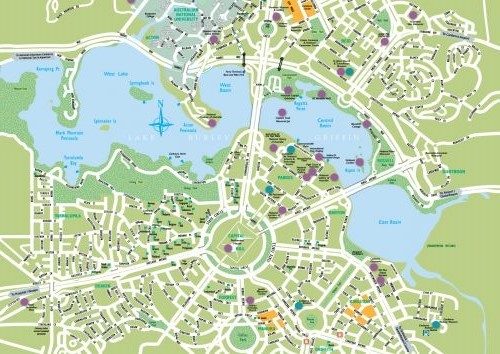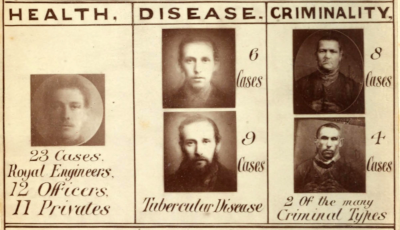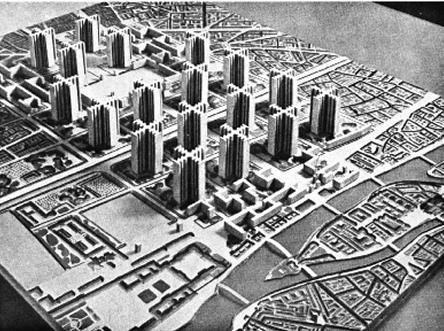Several nights ago, Uber saved my life prevented my becoming a distressed soul, lost and crying in a new country. Had this event transpired to fruition, it would have been both emotionally exhausting and also, deeply troubled my sense of self. Luckily, however, I called an Uber, and here I am, nerves and feminist identity still well intact. In recounting the events of this banal and, in retrospect, marginally stressful experience, I’m reminded of the two nets that our devices weave: the trappings of dependence and the comfort of safety.
Here’s what happened: I was on a mission for fruit. Fruit not from a can. Fruit not dried into a nut bar. Fruit free from individual plastic wrapping. Real, Fresh, Fully Hydrated, Fruit. And so, on my second night in Australia, the land I now call home, I Google Mapped my way to an IGA X-Press. Armed with the cheapest “smart” phone I could purchase at the airport, I fumbled on foot down unfamiliar streets until, in what seemed more like an accident than a well followed plan, I found myself flesh to flesh with colorful and aromatic pears, apples, peaches, and citrus. I had arrived. With glee and pride I filled my cart with the fresh products that 30 hours of travel and temporary accommodation made scarce. I then slowly trecked down each aisle with anthropological interest in the breads, coffees, and packaged foods on offer. I chose Wallaby Bites to save for a late night treat, got thick ground coffee to use with my university-apartment-provided French press, marveled at all of the local dairy products, and felt strangely comforted by the familiar brands that I never bought in the U.S. and still wouldn’t buy here. I remained unwary of the weighty bags I would need to carry home, and unconcerned about the early signs of a setting sun. more...









